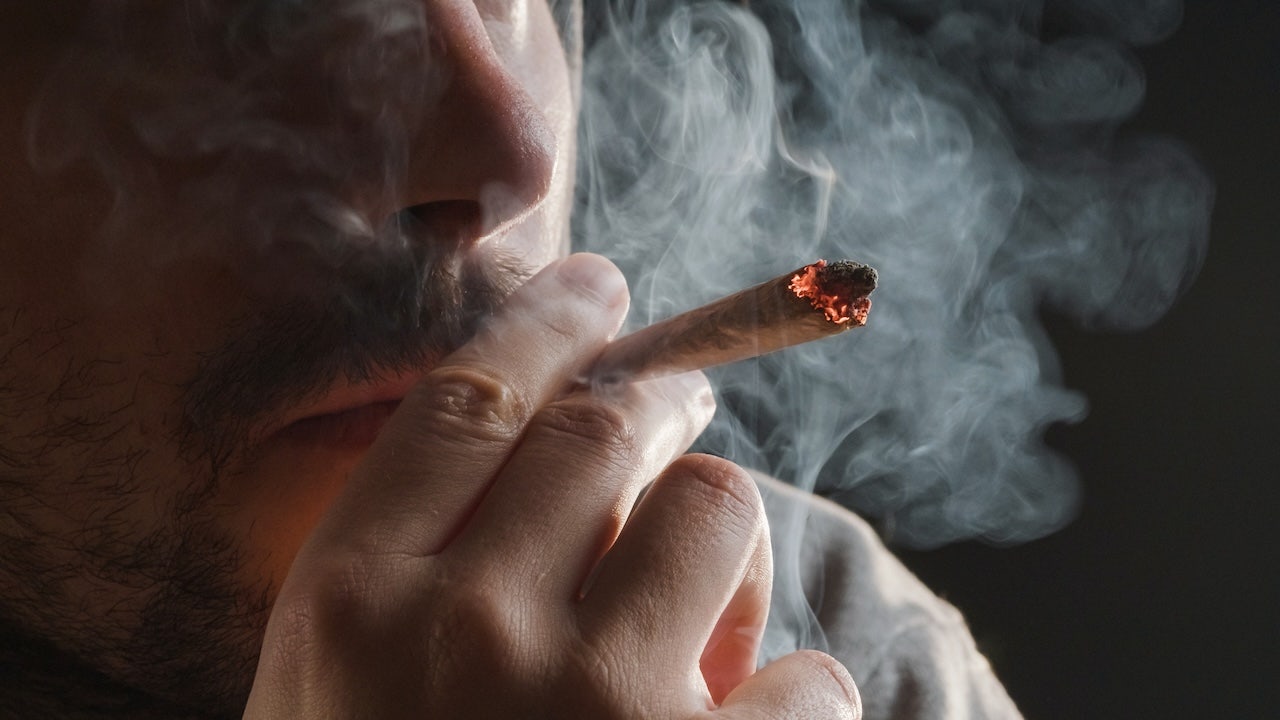More people giving up alcohol or going ‘California sober’

Demi Lovato, Post Malone, Chris Stapleton, Billy Strings, and Willie Nelson have all sung about being “California sober,” a term that has gained popularity in recent years. But what exactly does it mean, and is it any healthier than drinking alcohol?
The concept of being “California sober” originated from the idea of transitioning away from alcohol to a “safer” alternative using cannabis-based products. According to Dr. Cara A. Poland, an addiction medicine doctor at the Michigan State University College of Human Medicine, the term is used by people who are replacing a “more harmful” substance with a “less harmful” substance. While some may view marijuana as a safer alternative to alcohol, experts caution that users should be aware of the risks associated with cannabis use.
One of the most well-known proponents of “California sober,” Demi Lovato, publicly shared her struggles with addiction and her version of the lifestyle in 2021. However, Lovato later acknowledged that “sober sober is the only way to be.” This shift in perspective highlights the complexities and challenges of maintaining sobriety while navigating the pressures of fame and substance use.
Despite the allure of “California sober,” experts warn that using cannabis as a substitute for alcohol may not address the underlying issues that contribute to addiction. Dr. Lori Karan, director of the addiction medicine fellowship at Loma Linda University in California, emphasizes the importance of understanding the medical and psychiatric risks of cannabis, as well as the potential for using substances to mask unresolved trauma.
While some individuals may find that cutting out alcohol but still using marijuana helps them maintain balance in their lives, others may require a different approach to sobriety. It is essential for individuals struggling with addiction, including alcohol use disorder, to consult with a healthcare provider for personalized treatment options.
The risks of alcohol consumption are well-documented, with research linking it to various types of cancer and other health problems. Surgeon General Vivek Murthy has called for warning labels on alcohol-containing beverages to raise awareness of the potential cancer risk. As such, experts caution against viewing cannabis as a completely safe alternative to alcohol, as it can also pose risks to health and well-being.
In conclusion, the concept of being “California sober” is a complex and nuanced issue that requires careful consideration of individual needs and circumstances. While some may find success in using cannabis as a substitute for alcohol, it is essential to be aware of the potential risks and to seek professional guidance when navigating issues of addiction and substance use. Ultimately, sobriety is a personal journey that requires self-reflection, support, and a commitment to overall well-being.




